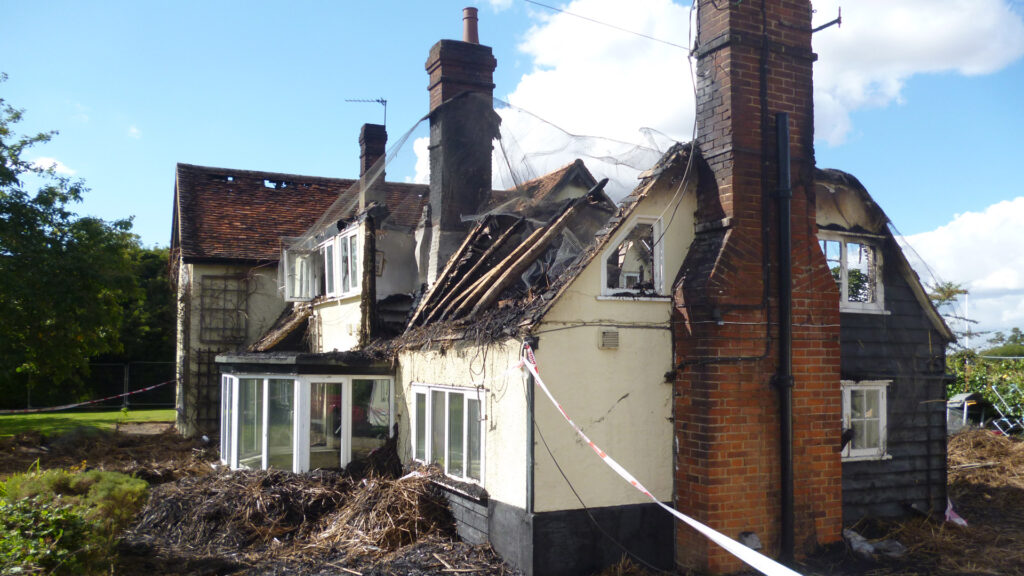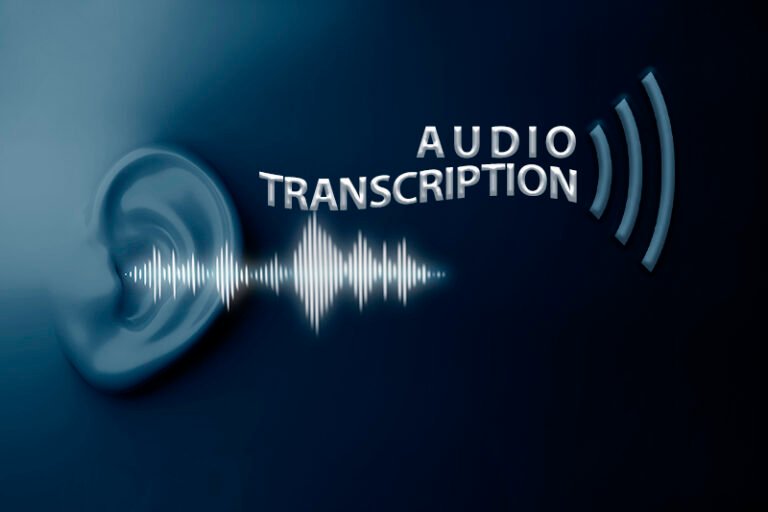Selling a fire-damaged house can be a daunting task, but it’s not impossible. Homeowners facing this unfortunate circumstance often feel overwhelmed by the cleanup, insurance processes, and potential repair costs. However, with the right approach and clear understanding of the market, you can still sell a fire damaged house at a fair value. Whether you want to sell it “as-is” or repair it first, this guide will walk you through everything you need to know sell fire damaged house.
Understanding the Impact of Fire Damage on Home Value
When a home experiences fire damage, its market value often decreases significantly. The extent of the damage—structural, cosmetic, or both—plays a crucial role in determining how much value is lost. In some cases, smoke damage alone can cause major devaluation. Potential buyers may also be hesitant due to safety concerns or fear of hidden damages.
Insurance adjusters typically assess the damage and estimate the cost of repair. This evaluation can also serve as a reference point when negotiating with buyers. However, the final selling price will often depend on the local market, buyer demand, and the strategy you choose when you decide to sell a fire damaged house.
Should You Repair or Sell the House As-Is?
One of the biggest decisions you’ll face is whether to restore the property or sell it in its current condition. Each option has pros and cons, depending on your financial situation, the extent of the damage, and your timeline.
Selling As-Is
Selling the fire damaged house as-is means you’re putting the property on the market without making any repairs. This approach can attract investors, house flippers, or companies that specialize in buying distressed properties. The benefit is that you can sell quickly and avoid the upfront costs of restoration. However, the offer may be lower than market value.
Making Repairs First
If you have the time and funds, repairing the home before selling could result in a higher sale price. Renovated homes tend to appeal to a broader market and may sell faster. Keep in mind, however, that repairs can be costly and time-consuming, especially if the damage is extensive. You may also face delays due to permits, inspections, and contractor availability.
Steps to Sell Fire Damaged House
Whether you choose to repair or sell as-is, there are several key steps to follow for a successful sale.
1. Contact Your Insurance Company
Immediately after the fire, contact your homeowner’s insurance provider. File a claim and request a copy of the adjuster’s damage report. This document will help you understand the scope of the fire damage and the amount your insurance will cover. It can also be useful when negotiating with buyers or providing transparency.
2. Document the Damage
Take detailed photos and videos of the damage, both interior and exterior. This documentation can serve as evidence for insurance purposes and may be shared with potential buyers or real estate agents. Full transparency builds trust and helps set realistic buyer expectations.
3. Get a Professional Inspection
Hire a certified home inspector or fire damage restoration expert to assess the structural integrity of the home. A professional report can help you determine whether the property is safe to sell as-is or if repairs are essential.
4. Determine the Property’s Value
Work with a local real estate agent experienced in selling distressed properties. They can conduct a comparative market analysis (CMA) to help you set a competitive asking price. Remember that pricing a fire damaged house accurately is crucial for attracting serious buyers.
5. Decide How You Want to Sell
There are several ways to sell a fire damaged house:
- Sell to a Cash Buyer: Real estate investors and companies that buy homes for cash are often willing to purchase fire-damaged properties as-is.
- Sell Through a Realtor: If you want to reach traditional buyers and possibly get a higher price, you can list your home with a real estate agent.
- Auction the Property: Real estate auctions can generate competitive bidding, although they may not guarantee a minimum price.
Legal and Disclosure Requirements
When you sell fire damaged house, it’s legally required in most states to disclose the fire incident and any repairs made. Failing to disclose fire damage can result in legal consequences. A full disclosure statement should include:
- Date and cause of the fire
- Extent of damage (e.g., structural, electrical, HVAC)
- Details of any repairs made
- Any remaining issues or hazards
Being upfront with potential buyers helps avoid disputes and builds credibility.
Tips to Sell Fire Damaged House Faster
Even if your house has experienced fire damage, there are ways to increase your chances of a quick sale:
1. Clean Up the Property
Remove debris, ash, and damaged materials to improve the home’s appearance. A clean, presentable space—even if it’s damaged—makes a better impression than a property filled with soot and rubble.
2. Highlight the Potential
Create a listing that focuses on the property’s positive aspects, such as location, lot size, or layout. Include terms like “fixer-upper” or “investment opportunity” to attract buyers looking for renovation projects.
3. Use Online Marketing
Leverage platforms like Zillow, Redfin, Craigslist, or social media to market your home to a broad audience. Consider using keywords like “sell fire damaged house” in your online listings to target motivated buyers or investors.
4. Offer Seller Incentives
If you’re competing in a slow market, consider offering incentives like covering closing costs or reducing the listing price slightly to encourage buyer interest.
5. Work with Fire Damage Experts
There are real estate professionals and companies that specialize in purchasing fire damaged houses. These experts understand the process and can help streamline the transaction.
Who Buys Fire Damaged Houses?
Several types of buyers may be interested in purchasing your fire damaged house:
- Real Estate Investors: They often look for discounted properties they can renovate and resell.
- House Flippers: These buyers specialize in fixing up distressed homes quickly for resale.
- Buy-and-Hold Landlords: Some landlords purchase damaged homes at a discount, repair them, and rent them out.
- Specialty Buyers: Companies like “We Buy Houses” often have experience with fire-damaged and other distressed properties.
These buyers are typically cash buyers, which means you can close faster and skip lengthy loan processes.
Final Thoughts
To sell fire damaged house may seem like a challenging task, but it’s entirely feasible with the right planning and support. Whether you choose to sell as-is or make repairs first, transparency, proper documentation, and pricing strategy will play a major role in your success.










